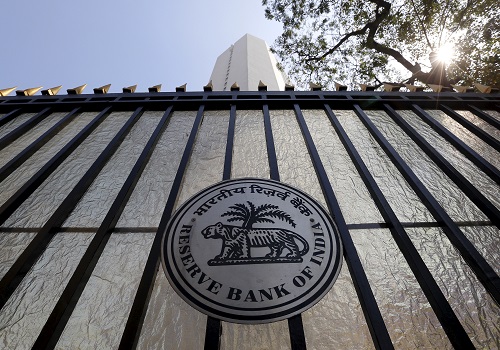Rupee's decline capped by central bank's recent behaviour

The Indian rupee declined on Tuesday, tracking weak Asian peers, but the central bank's repeated intervention at current levels in the recent past meant that the losses were fairly limited.
The rupee was at 83.9475 to the U.S. dollar at 11:02 a.m. IST, down from 83.9175 in the previous session. Asian peers were down 0.1% to 0.6%, and the dollar inched up against a basket of its major peers.
The Reserve Bank of India has on many occasions over the last month intervened near the current levels to prevent the rupee from dipping past 84.
"While upside pressure (on the dollar/rupee) is there, no point in chasing it," a proprietary trader at a bank said.
"I am not sure whether the RBI is on the offer today. Their past behaviour is often sufficient to deter speculators and offers support to importers."
The rupee has been among the least volatile in the Asian currency space, thanks largely to RBI's intervention.
The RBI's active intervention is keeping the rupee within a narrow band, and as long as that continues, not much will happen, Amit Pabari, managing director at FX advisory firm CR Forex, said.
AWAITING CUES ON FED
The Federal Reserve will meet on Sept. 17-18, when it is nearly certain to cut interest rates. A 25 basis point rate cut is fully priced in and there is a 1-in-3 probability of a larger rate cut.
In the lead-up to the decision, a host of U.S. data is due. The most important among them is this Friday's August U.S. jobs report and next Wednesday's inflation report.
The former is more crucial considering the Fed's focus is now on avoiding a further deterioration in the U.S. labour market.






















